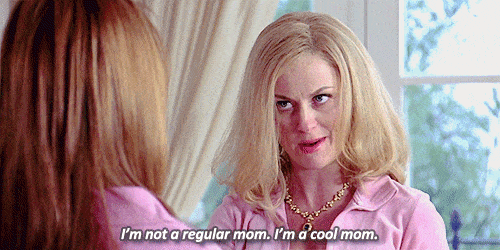
Steps a person can take to begin healing from emotional incest include: Since people often blame themselves for their parent’s or caregiver’s behavior, it is important to recognize that no form of incest is ever the child’s fault. However, acknowledging emotional incest is essential for recovery. A person may idealize their parent or caregiver and have difficulty accepting that the relationship was not healthy.
#INCEST TUMBLR FULL#
It may take a long time for someone to recognize the full impact of the caregiver’s behavior. What steps should a person take to recover from emotional incest? Since the publication of this book, researchers have developed the Childhood Emotional Incest Scale (CEIS), which aims to measure how emotional incest has affected a person during their childhood.Īccording to the Journal of Counseling Psychology, high scores on the CEIS accurately predict increased anxiety and lower levels of life satisfaction. difficulty forming lasting intimate relationships.difficulty identifying and fulfilling personal needs because the person is so used to caring for others.feelings of abandonment toward the other parent or caregiver who has left the household or allowed the behavior to continue.a love-hate relationship with the caregiver.Adams states that emotional incest can cause: In his book Silently Seduced: When Parents Make Their Children Partners, psychologist Kenneth M. However, psychologists in this field claim that the impact on their clients is similar to that of physical incest. Health experts do not know how common emotional incest is, and little research on its effects exists. What are the effects of emotional incest? The child involved may feel that the relationship is simply special or that it cannot be abusive because it does not include sexual contact. A relationship is emotionally incestuous if there is a consistent lack of parent-child boundaries.Ĭaregivers who engage in this behavior may not realize that it is harmful. They may compete for attention, intrude on, or attempt to sabotage them.Ī caregiver must not do all these things to engage in emotional incest. Feeling jealous of the child’s relationships: When the child becomes an adult, the parent or caregiver may become envious of their romantic relationships.However, in cases of emotional incest, there is no sexual contact.

The caregiver may also insist that the child call them names typically reserved for adult relationships.


It means that the child has to put the wants and desires of the parent first to receive the parent’s approval. In an emotionally incestuous relationship, the parent or caregiver depends on the child as an emotional security blanket. Psychologists sometimes call this covert incest or “enmeshment.”

This violates the boundaries between a parent and child. It happens when a parent or caregiver uses the child for emotional needs that they should be obtaining from their adult romantic partner. According to the American Psychological Association (APA), emotional incest is a form of emotional abuse.


 0 kommentar(er)
0 kommentar(er)
